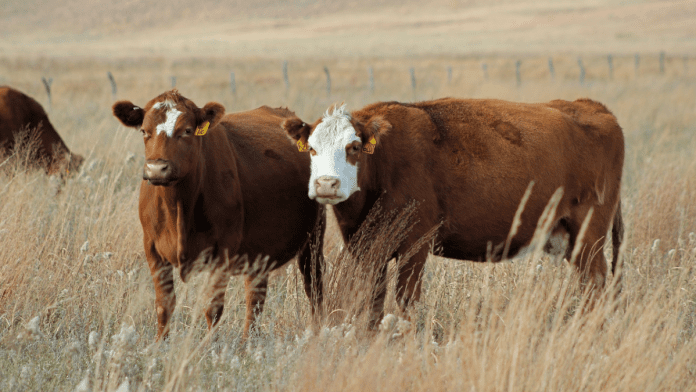News in brief: The Irish Co-operative Organization Society (ICOS) opposes the introduction of a dairy exit scheme, stating it could harm the dairy sector’s future viability and sustainability. ICOS is suggesting alternative emission-reduction methods and emphasising gradual growth and innovation within the industry.
The Irish Co-operative Organization Society (ICOS) has expressed its strong reservations to the introduction of a dairy exit scheme. It made a formal submission to the Food Vision Dairy Group to show its position.
The cooperative argues that such a scheme will jeopardise the viability and sustainability of the dairy sector in future. It is against a policy that could reduce milk supply and affect farmers and co-ops investments in dairy processing.
Here is a little background: on 23 June 2023, stakeholders on the Food Vision Dairy Group, including farm organisations, responded to a consultation to aimed at examining the feasibility of a scheme to reduce the number of dairy cows in the country. The scheme, otherwise referred to as a dairy exit scheme, would see farmers exiting dairying and was perceived as a cow cull scheme.
Now, ICOS states that the scheme is not for the good of farmers and believes it will have undesirable consequences for the dairy sector at farm and processing level. It is advising that an emission reducing scheme must not impact milk volumes available to process at co-op level.
Chair of the ICOS Dairy Committee, Niall Mathews, further said, “these co-ops, on behalf of their farmer owners have invested heavily since the abolition of quotas, to handle the volumes of milk that were part of an agreed national strategy.”
He believes that the scheme goes against the interests of the stakeholders involved, adding that any scheme to reduce emissions must allow for the following: gradual growth by milk suppliers, promotion of generational renewal, and new entrants to the industry to ensure innovation, diversity and a balanced age profile.
Mathews further proposed other means to cut emissions rather than the proposed exit scheme like science-based measures on farm and supporting the adoption of new technologies. He is pushing for the dairy industry to increase productivity at an organic and reasonable growth rate to support existing family farms and generational renewal.
Dairy farmers also need assurances, the committee’s chair said. For example, they want to keep their rights as landowners and allow lands to be transferable to all enterprises, including them if they wished to lower the amount of cattle they have.



